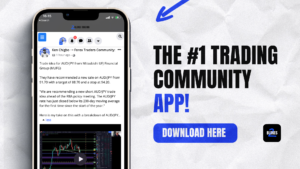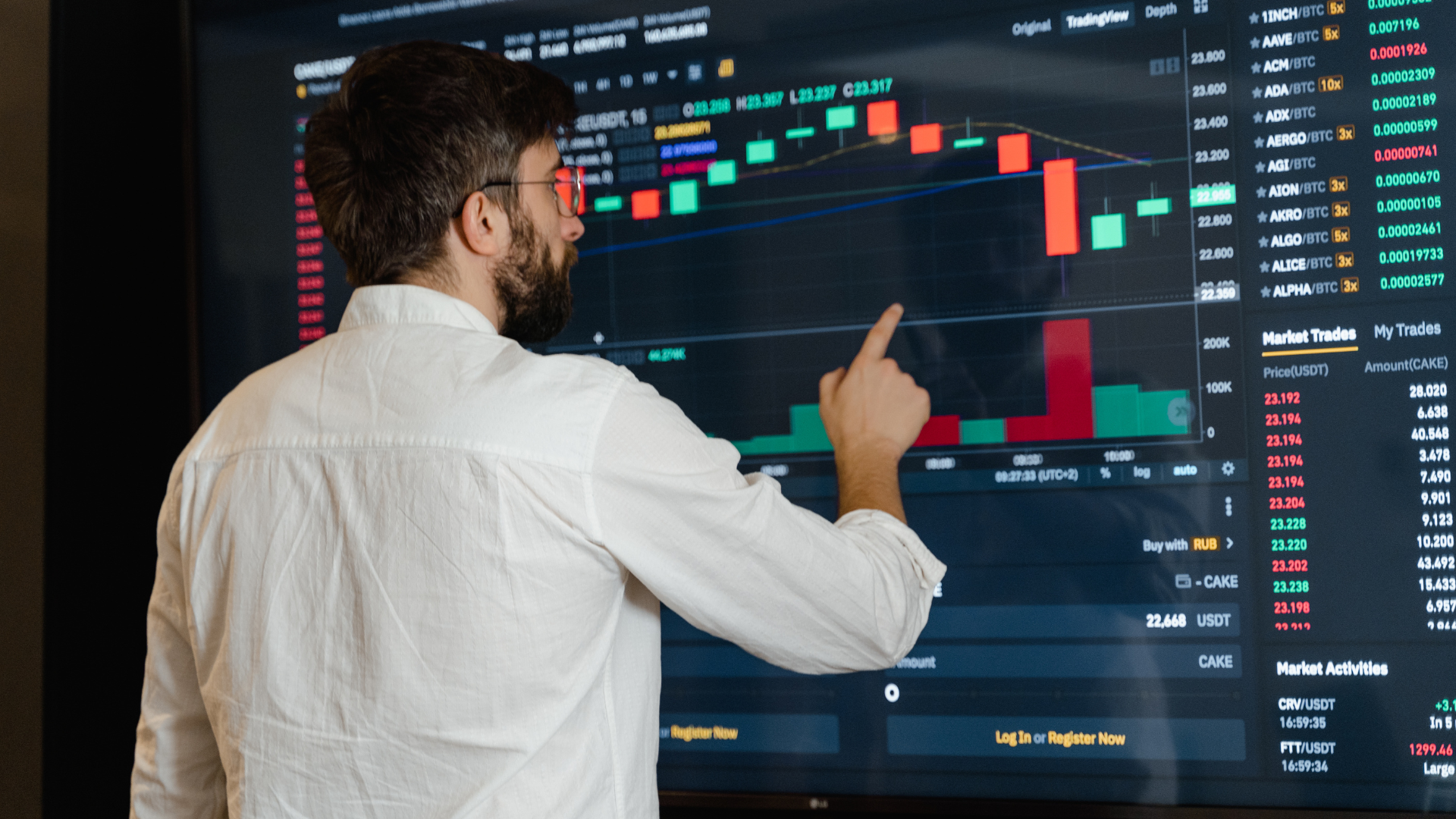Ken here! As you know one of the blokes, and I want to walk you through the specific steps that I follow every single morning to get me prepared for the day ahead.
STEP ONE: Get briefed on the latest news

First of all, I need to know the latest financial market-relevant news.
My first step is to go through all of the major business news websites, work out what the main headlines and themes of the moment are, and then delve deeper into each to pick out the most important pieces of information.
I also go through the economic calendar; were there any important overnight economic data points or central bank actions?
PRO TIP: Many of the major business news providers (Bloomberg, WSJ, FT) make you pay to see their stories, but you can sign up for free daily newsletters. Reading these every morning is a great place to start. Alternatively, Yahoo Finance and CNBC are also great for business/finance news and are completely free.
STEP TWO: Check where the markets are trading

Then, I check where the markets are trading.
Here, it is crucially important to look at markets from a global macro perspective. What that means is, if you are a USD trader, don’t just check DXY. You need to look at all of the major G10 FX pairs, global stocks, global bonds markets, commodity markets such as Gold and crude oil.
This way, you can get a gauge for the market’s broader sentiment. Market sentiment affects EVERY asset, so it is crucial not to neglect this.
Once I am done checking how the broader market is looking, I go through my usual technical analysis routine.
STEP THREE: Check the calendar and get prepared for the day ahead
Finally, I go through the economic calendar, so I know what important fundamental events are coming in the day ahead. Here, you should ask yourself a few questions.
What are the more important data releases of the day? Which are relevant at the moment, and how might the market react if they come out better or worse than expected?
Is there any central bank action, be that policy rate decision, the release of minutes, or speeches from any monetary policymakers?
What about political events? Are we expecting any politicians to speak at any specific time? Any important votes or meetings?

Conclusion
All of this might seem overwhelming at first. It was for me too. But in markets, if you want to be successful, you have to become accustomed to taking in large amounts of information on a variety of different themes/topics. What is key to remember here is that, as with most things in life, practice makes perfect.
The more you go through this routine every day, the better you get at it, and the more it starts to feel effortless. In fact, you get so used to it that it becomes a natural part of your life! Even though markets shut on the weekends and I’m not working, I still check the news every morning, it’s just something I genuinely enjoy doing!
Download the two blokes trading app for market breakdowns, analysis, trade ideas, education and more.




